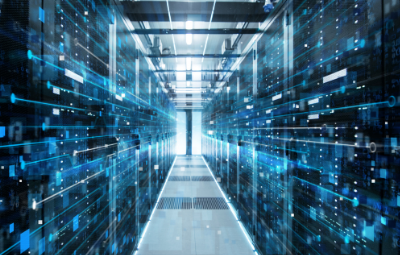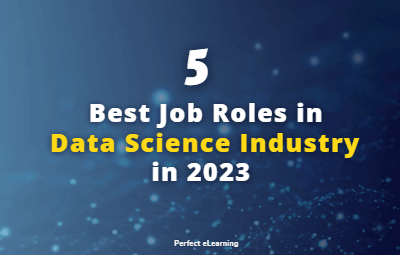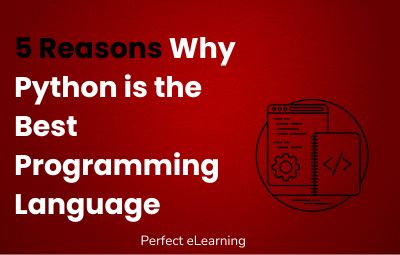

Where shall I begin with Data Science? This is one of the most frequently asked questions that we have seen on Facebook groups and other forums.
The comments pour in like start with Python or R programming courses or to take some data science courses on YouTube, Udemy, Coursera etc. We are not saying that these answers are absolutely wrong or that they are trying to promote something over the other but while answering the question they tend to skip the most important factor. That is paying attention to the student’s background. In general, these responses position Data Science as a programming or algorithmic field.
Not only this, but we have also observed questions based on visualisation and modelling results produced with Python or R. Many of which tend to show missing basic understanding to statistics.
It is very important to realise that all these specialization domains like Data Science, Data Analytics, Data Engineers etc, have the word Data in it. If we go by the definition of the Statistics it states,
Statistics is the science of conducting studies to collect, organize, summarize, analyze and draw conclusions from data.
Statistics is the heart of all these new specialization fields.
Our suggestions for a new learner, is to start by learning statistics and building a sound knowledge of it. You can take such courses with any elearning schools or from qualified instructors with a background in Statistics.
Some of the topics you will learn are:
- Statistics, data and statistical thinking
- Types of data
- Basic notions of samples and populations
- Methods for describing quantitative data and qualitative data
- Counting techniques (Permutations and Combinations)
- Probability
- Discrete Random variables
- Continuous random variables (Normal distribution)
- Sampling Distributions
- Inferences based on a single sample (Confidence intervals and tests of hypotheses)
- Inferences based on two samples
- ANOVA (Analysis of Variance)
- Correlations and Simple Linear Regression
- Multiple regression
- Basic categorical data analysis
- This basic statistics course will provide you the right foundation to start learning other Machine Learning topics.
It is also recommended to have some basic math skills such as algebra, calculus and linear algebra.
After taking the statistics course, the next course you can choose are SQL and Spark SQL. You will require strong SQL skills in order to extract and analyze large datasets. Python and R are needed programming languages. You can start with Python first. Overtime, there could be some cases where you need to learn R because it’s the most complete statistical programming language.
We hope our blog answers your question. If you like our please don’t forget to share this!
Perfect eLearning offers basic & advanced coding tutorials for people who want to learn how to code.
Topics:
1. Introducing the best basic coding courses online.
2. The benefits of taking coding courses online.
3. The top three coding courses online that you should check out.
4. How to get started with coding courses online.
5. The best way to learn to code online.
6. The future of coding courses online.
7. Introducing the basics of coding
8. The benefits of learning to code
9. Types of coding tutorials available
10. How to get started with coding
If you're looking to learn to code, there are a variety of ways you can go about it. But, if you're looking for the easiest and most efficient way to learn, then these 5 steps are the way to go:
1. Choose the right language.
2. Use coding boot camps.
3. Use online coding communities.
4. Use online coding tutorials.
5. Use online coding examples.
For more details, you can talk to our experts.
Perfect eLearning
Learn & Grow!


